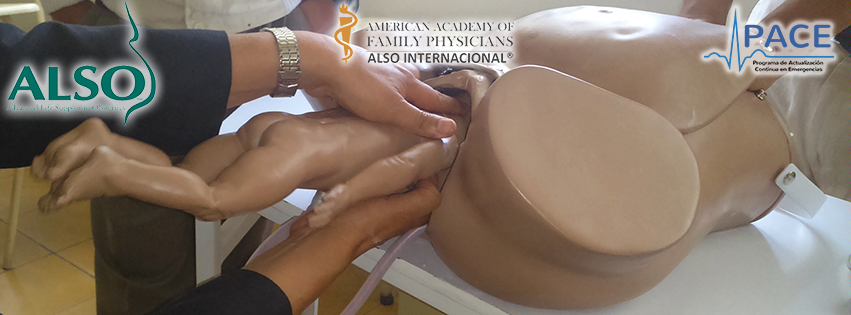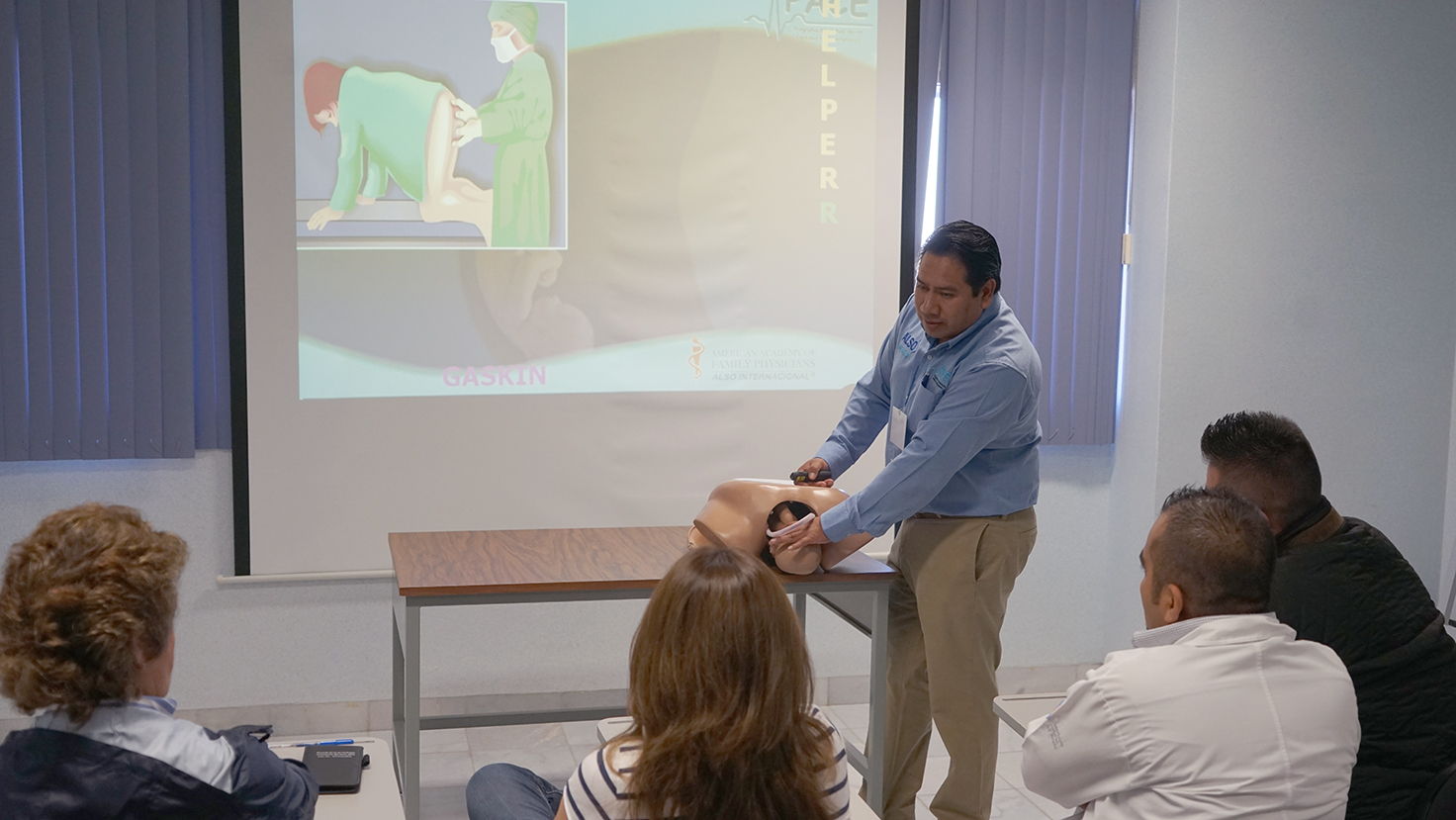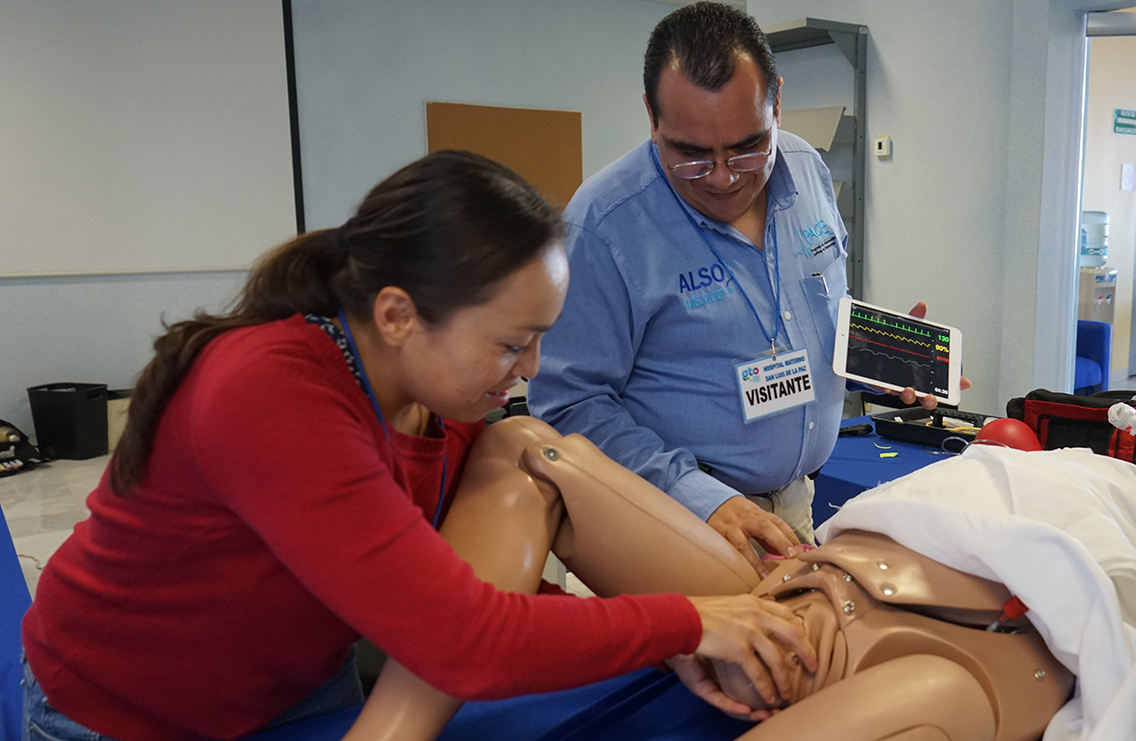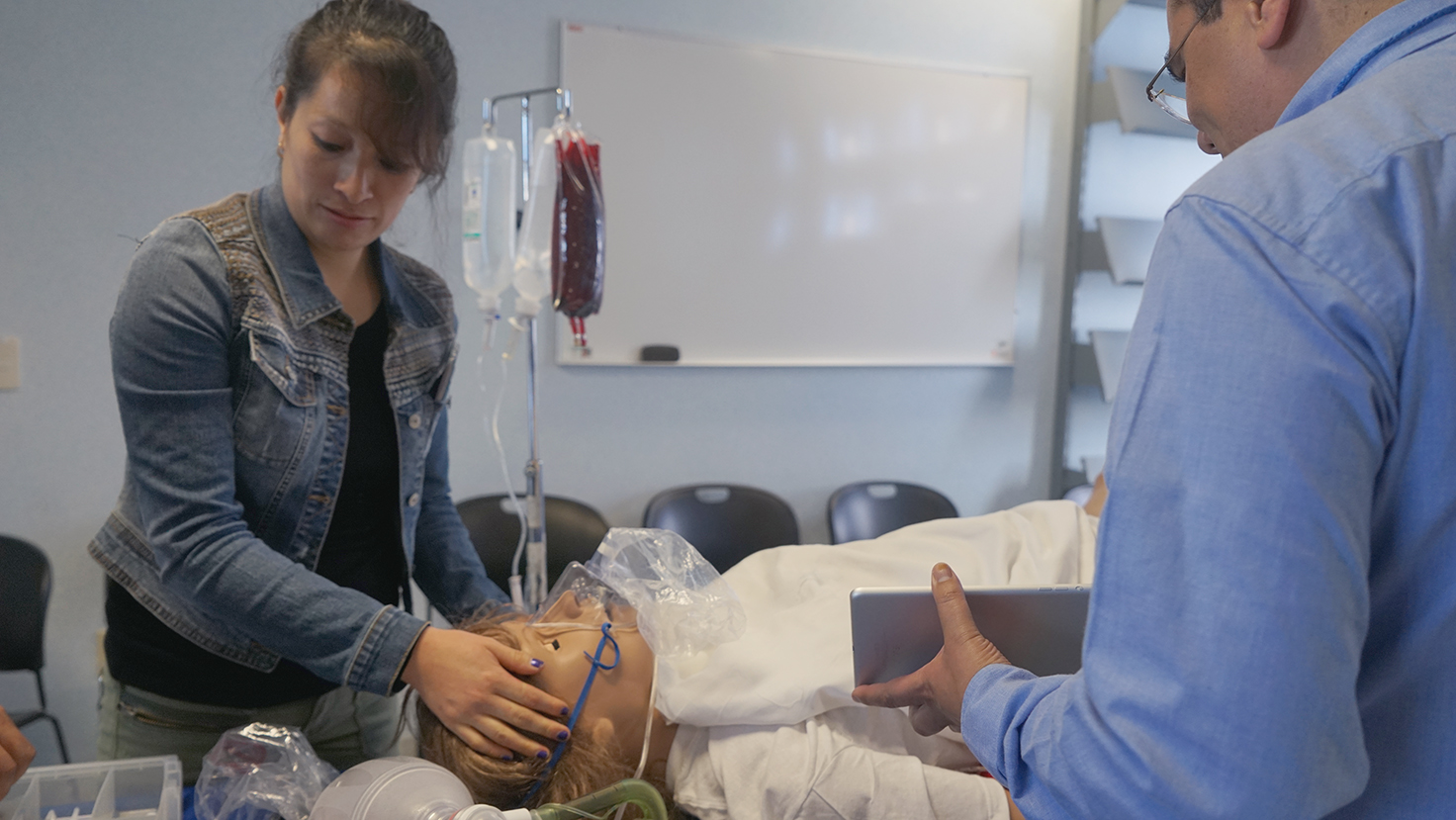(ALSO) Advanced Life Support in Obstetrics
What is?
The ALSO program combines evidence-based hands-on simulation training with multidisciplinary team-based approaches to enable better management obstetric emergencies. Small group workstations, minimal lecture time, and low faculty-to-participant ratios benefit both learners and course sponsors that seek to provide high-quality educational experiences.
Target of this course
ALSO Courses are designed for maternity care providers, including:
Physicians
Residents
Other clinicians.
What are the elements of this course?
This two-day course is geared to all maternity care providers, with pre-course syllabus reading and minimal lecture time, this course offers an interactive learning environment utilizing pelvic mannequins and other appropriate medical equipment.
Objectives of this course
After the successful completion of the ALSO Provider Course, participants should be able to:
- Discuss methods of managing pregnancy and birth emergencies, which may help standardize the skills of practicing maternity care providers.
- Demonstrate content and skill acquisition as demonstrated by successful completion of the course written exam and skills testing station.
Table of contents
- Safety in Maternity Care*
- First Trimester Complications
- Medical Complications
- Preterm Labor/PROM
- Vaginal Bleeding in Late Pregnancy
Course general information
The American Academy of Family Physicians (AAFP) wishes to acknowledge the initial development of the ALSO Program by the University of Wisconsin Department of Family Medicine, and the original national ALSO Development Group of family physicians, obstetricians, and nurses which formed in 1991.
The ALSO Program, originally conceptualized by James R. Damos, M.D., was developed under the leadership of Dr. Damos and John W. Beasley M.D. The AAFP acquired ownership of the ALSO Program and its copyright from the University of Wisconsin in 1993.
Since 1993, ALSO has trained more than 70,000 maternity care providers in the U.S. alone. This evidence-based program bridges knowledge gaps and boosts skill sets among providers via hands-on training and mnemonics. Through this effective team-based approach, communication barriers are reduced among maternity care providers — decreasing errors and minimizing potential negative outcomes.



